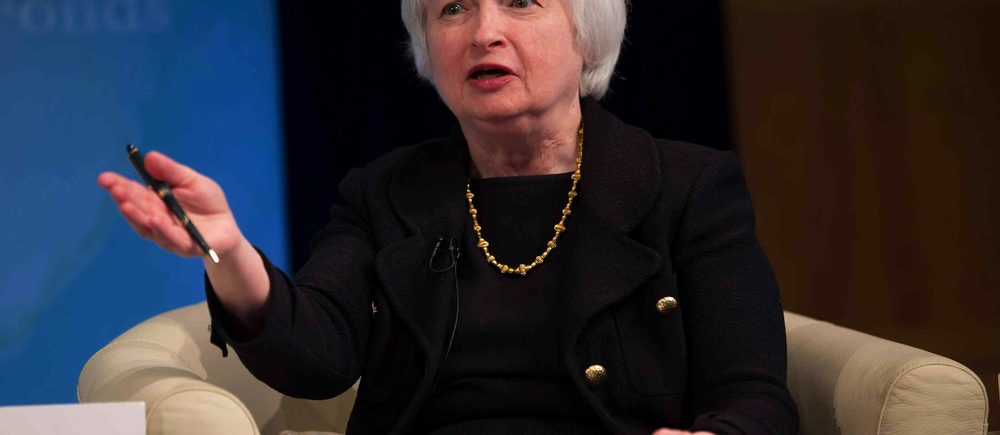US Treasury Secretary Janet Yellen said on Wednesday that the ceiling imposed by the Group of Seven major industrialized countries on Russian oil prices led to a sharp decline in Russia’s revenues over the past 10 months.
She added in statements prepared for a press conference on the sidelines of the International Monetary Fund and World Bank meetings in Marrakesh, Morocco, that it is necessary to continue imposing a heavy and increasing cost on Russia because of its war in Ukraine.
Yellen said the war in Ukraine remains a major obstacle to the global economy.
She added that the IMF’s updated forecasts showed that the global economy is in a better position than expected at last year’s annual meetings, but the Treasury continues to monitor downside risks.
While some countries are seeing a slowdown in growth, including China and the euro zone, Yellen said she does not see signs of any widespread destabilizing effects on the global economy.
Yellen condemned the attack launched by gunmen from the Islamic Resistance Movement (Hamas) on Saturday on Israel from the Gaza Strip, which is the most violent Palestinian attack in Israel’s history, but her prepared statements did not address its potential impact on the global economy.
“We cannot allow our support for Ukraine to be interrupted,” Yellen said of support for Kiev. “The Biden administration, with the support of a bipartisan majority in the US Congress and the American people, will work to ensure that Ukraine gets the help it needs to win this war.”
Yellen said the Biden administration will also continue to work to mitigate the effects of Russia’s war in Ukraine, including on food security, while working with a global coalition to deny Russia the funding it needs to continue the war.
She said that the price ceiling imposed on Russian oil prices significantly reduced Russian revenues during the past ten months while promoting stable energy markets.
The G7 countries imposed sanctions in December prohibiting shipping or insurance companies based in the G7 countries from providing services to facilitate Russian oil exports when the price exceeds $60 per barrel. The penalties do not apply to shipping companies or insurance companies from other countries, regardless of price. Critics say Russia is circumventing the cap by using a ghost fleet of old tankers.
 Noor Trends News, Technical Analysis, Educational Tools and Recommendations
Noor Trends News, Technical Analysis, Educational Tools and Recommendations





